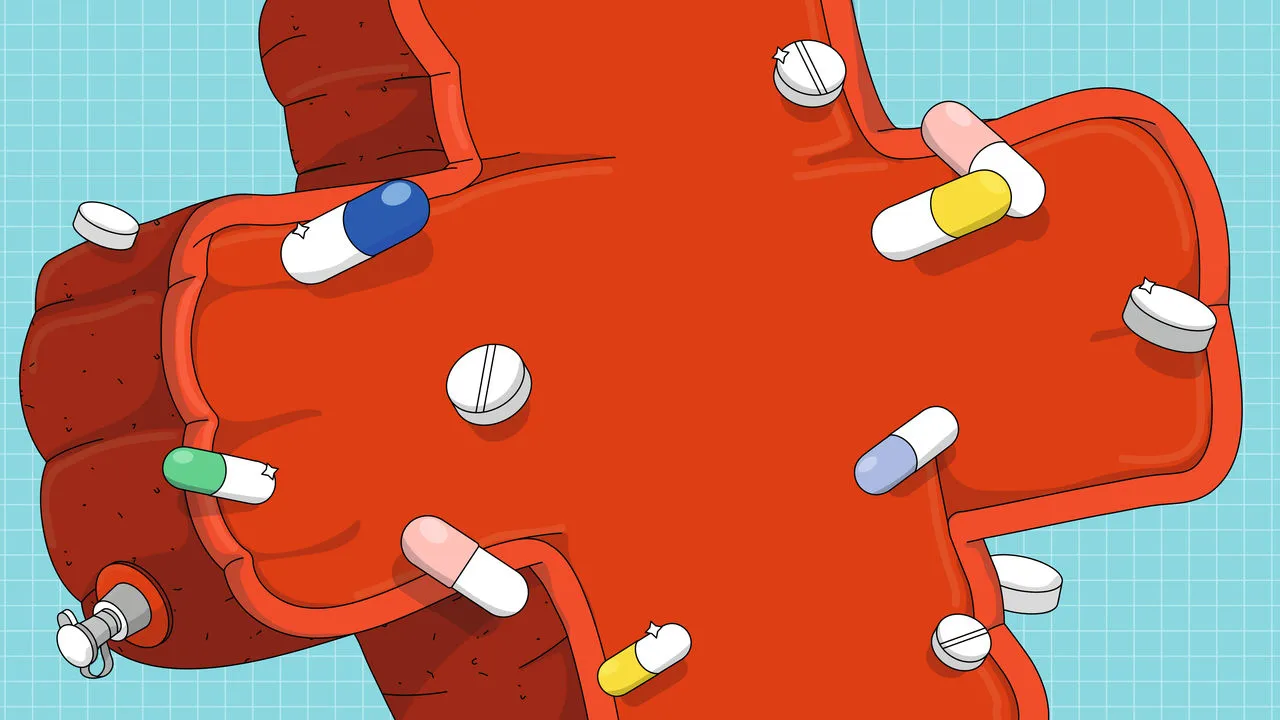Quick Summary:
It is very important that dentists and their teams know and understand their rights when appealing a claim denial and how the law can protect you and your patient. To minimize the frustration of dealing with a claim denial, it is important to understand how a lot of claims are processed today.
By Cindy Hartwell, dental benefits analyst at CDA Practice Support
CDA Practice Support receives infrequent member requests for assistance concerning dental plan claim denials. We understand that claim denials are very frustrating, and in the past, there were no laws allowing dentists to file formal disputes that required dental benefit plans to respond. Today there is such a law, and while it is a powerful tool, it is a right often overlooked and underutilized by dental practices.
It is important that dentists and their teams know and understand their rights when appealing a claim denial and how the law can protect you and your patient.
The main provisions of the law include:
- Dispute Resolution Notification
- Whenever a dental plan contests, adjusts or denies a claim, the plan must inform the provider of the availability of the provider dispute resolution mechanism and instructions for filing the challenge.
- Time-limited
- Providers may submit a challenge to a plan’s decision within 365 days of the decision or action.
- Dispute timelines
- Plans must acknowledge receipt of a provider’s dispute within two working days of receiving a challenge that is submitted electronically and within 15 working days if submitted by mail.
- Determinations of a provider’s dispute must be made within 45 working days after receipt of the provider dispute.
As mentioned earlier, the provider dispute process is a powerful tool to be used to dispute a denial. To minimize the frustration of dealing with a claim denial, it is important to understand how a lot of claims are processed today.
Many plans use auto-adjudication to process their claims, which means the claims review is performed by a computer that has been programmed to automatically pay or deny payment for a service based on the processing policies contained in the patient’s policy. As the result of auto-adjudication, many claims are not reviewed by a human being.
For more information on the auto-adjudication process, I encourage you to read Auto-adjudication can expedite claims processing, but it can also confuse dentists.
If you are contracted with the plan, refer to the plan handbook
This is where you will find the plan’s clinical policies. If you do not have a handbook, reach out to the plan to get it. By not having the plan’s handbook, you may be unaware of the policies you agreed to when you contracted with the plan.
Retell your story
Use the information provided in the dental plan handbook to prove clinical need for treatment and how it met the plan’s guidelines. Re-appeal with this new information.
Get your patient involved
The policyholder should file a complaint with their human resources department which informs plan representatives that the individual is being denied their coverage. The patient can also file a written enrollee grievance with the plan.
Writing an appeal may seem like a time-consuming task, but it really should not take more than a few minutes to complete.
The following steps can help you appeal the denied claim with the plan:
- First, start by calling it what it is, a formal, not an informal appeal. You can do this by using the plan’s provider appeal/dispute form or use the Practice Support sample dispute form titled Payment Dispute Resolution Process.
- Next, review the explanation of benefits (EOB), where you should find the plan’s appeal/dispute guidelines. Follow these instructions to file your appeal.
- Prepare the dispute. Because your clinical notes should contain the reason for the treatment and how you accomplished the treatment, there should be no need to write a narrative. Attach this portion of the patient’s clinical chart notes behind the appeal request.
- Send in the appeal/dispute and watch the clock. If you have not received an acknowledgment that your appeal has been received from the plan within 20 days, call the plan to confirm receipt of the appeal.
Following these simple steps often leads to claim payment. For additional information on dealing with claim denials, access the CDA Practice Support resource, Dental Benefit Plan Handbook Chapter 10: Understanding the Claim Appeal Process.




